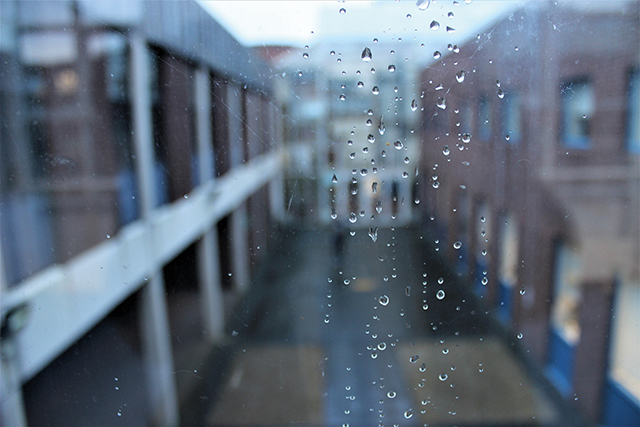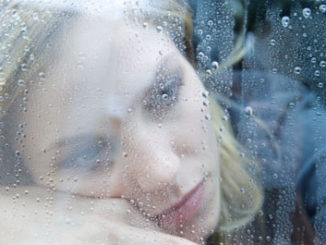
[dropcap]I[/dropcap]s it the friends that you’ve been too busy to see and you just bailed on them once more?
Is it the lecture that you’re rarely attending and yet again you just handed in a poor assignment late? Or is it simply the uncomfortable feeling in your stomach because you haven’t had the time or money for a decent meal in a long while?
University life, with all its merits, will statistically spike the vast majority of our anxiety levels at some point. With the ever-darkening days of winter also slowly consuming us, it may feel that anxiety is closer to our front door than ever.
Seasonal Affective Disorder (SAD) is depression caused by the change in season. The change in sunlight can lead to symptoms such as a persistent lower mood, less energy, increase in fatigue during the day and irritability.
According to the NHS, the main theory behind SAD is that the lack of sunlight affects the function of the brain. As a result, the section of the brain known as the ‘hypothalamus’, stops working properly. This is concerning for mental well being as it is the same part of the brain that controls your mood, sleep, pattern and appetite.
It isn’t a massive leap then to link the winter season as a threat to student’s anxiety levels. Anxiety is something that we all have and just like any other emotion, it is at risk of fluctuating based on external events, such as seasonal affective disorder.
Last year, The Union of Students in Ireland (USI), released data showing that 74 per cent of Irish students fear experiencing negative mental health in the future. For some perspective, if students were players in a football match then roughly only one goalkeeper and four defenders feel at ease with their mental health. The other 17 players on the pitch have anxiety levels that are at risk of spiking upwards.
Last week, RTE 2fm’s Eoghan McDermott spoke to DCU’s Mental Health Society on campus. He spoke of his history with his own mental health for DCUSU’s ‘Well-Being’ week.
McDermott talked to the students about a time that he stood in his new London flat, a few years before he became a household name in Ireland. His career, which had gone from strength to strength, reached the international stage. It should be the happiest time in his life, but it wasn’t. A recent breakup in a long-term relationship, paired with the loneliness of a new city, had shattered his high expectations.
It’s the first time in his life that he had been emotionally tested like this. Just like many people his age, he had no experience in dealing with a battered mental health state. He became introverted and embarrassed. He contemplated reaching for a knife and harming himself, as it was the only release he could comprehend.
McDermott is now fully recovered and acts as an ambassador for mental health in Ireland. He tells his story to a room full of DCU students that are at risk of entering the same dark period in which he once was trapped.
“Our generation is often criticised as being excessively depressed or having a brittle spirit in comparison to previous generations before. The fact is that depression or anxiety cannot be accurately measured between us and our parents or grandparents. You can’t compare because generations didn’t have platforms to compare in previous generations. Studies weren’t there or interest to study wasn’t there, stigma was far bigger,” said Sorcha Murphy, Chair of DCU Mental Health society.
Donal Corrigan
Image Credit: Gabija Gataveckaite



